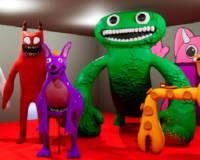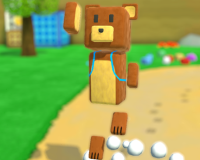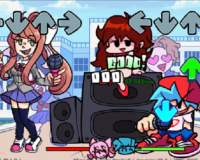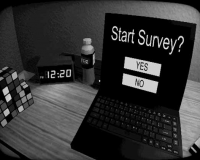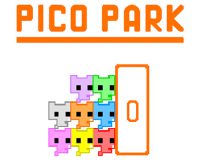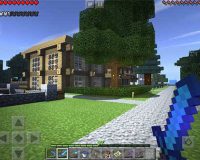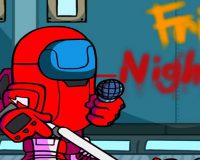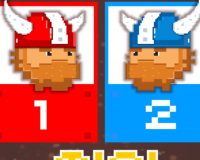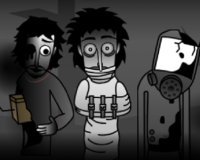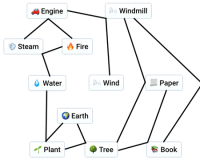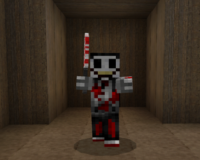
Advertisement
Restaurats
Restaurats is a cooperative restaurant game where the player manages a dining hall staffed entirely by rats. The game takes place in a fantasy setting with unusual customers and unpredictable events. Each session begins with a wave of guests entering the restaurant, placing orders, and reacting based on how quickly and accurately their meals are served. The player must manage several rats at once, assigning them to cooking stations, serving tasks, or cleaning duties. The structure is built around short shifts where every second counts, and outcomes are shaped by moment-to-moment decisions.
Kitchen Roles and Guest Behavior
The rats are controlled in real time and must be moved from one task to another depending on the restaurant’s current needs. As orders come in, food must be prepared correctly and delivered before timers run out. Some guests will react poorly to delays, throwing food or knocking over drinks, which creates messes that interrupt service flow. There is no permanent progression or ability development—each round starts fresh. All improvements come from learning how to balance time, space, and actions under pressure.
Core Mechanics and Task Structure
Restaurats uses a fixed set of mechanics that repeat in each session. Core tasks include:
- Cooking meals using preset ingredient stations
- Delivering completed dishes to customers on time
- Cleaning messes caused by spilled food or guest reactions
- Switching staff roles between cooking, cleaning, and serving
- Completing the service shift without overwhelming the system
The game does not feature upgrades, currencies, or skill points. Instead, success depends on how well the player manages their time and assigns their team. If too many mistakes occur or service slows down, the shift will fail and the session ends. The gameplay is designed to be immediately understandable but increasingly difficult as the pace rises.
Session Progress and Difficulty Curve
Each session is standalone and follows the same general rhythm: guests arrive, tasks build up, and the player must adapt to the growing number of actions. No two sessions are exactly the same due to the variation in guest types and the timing of events. The restaurant layout remains unchanged, but the flow of work shifts depending on what happens during the round. Some guests are more demanding, while others trigger more clean-up work. There are no scripted events, and all outcomes depend on how effectively the player responds in real time.











